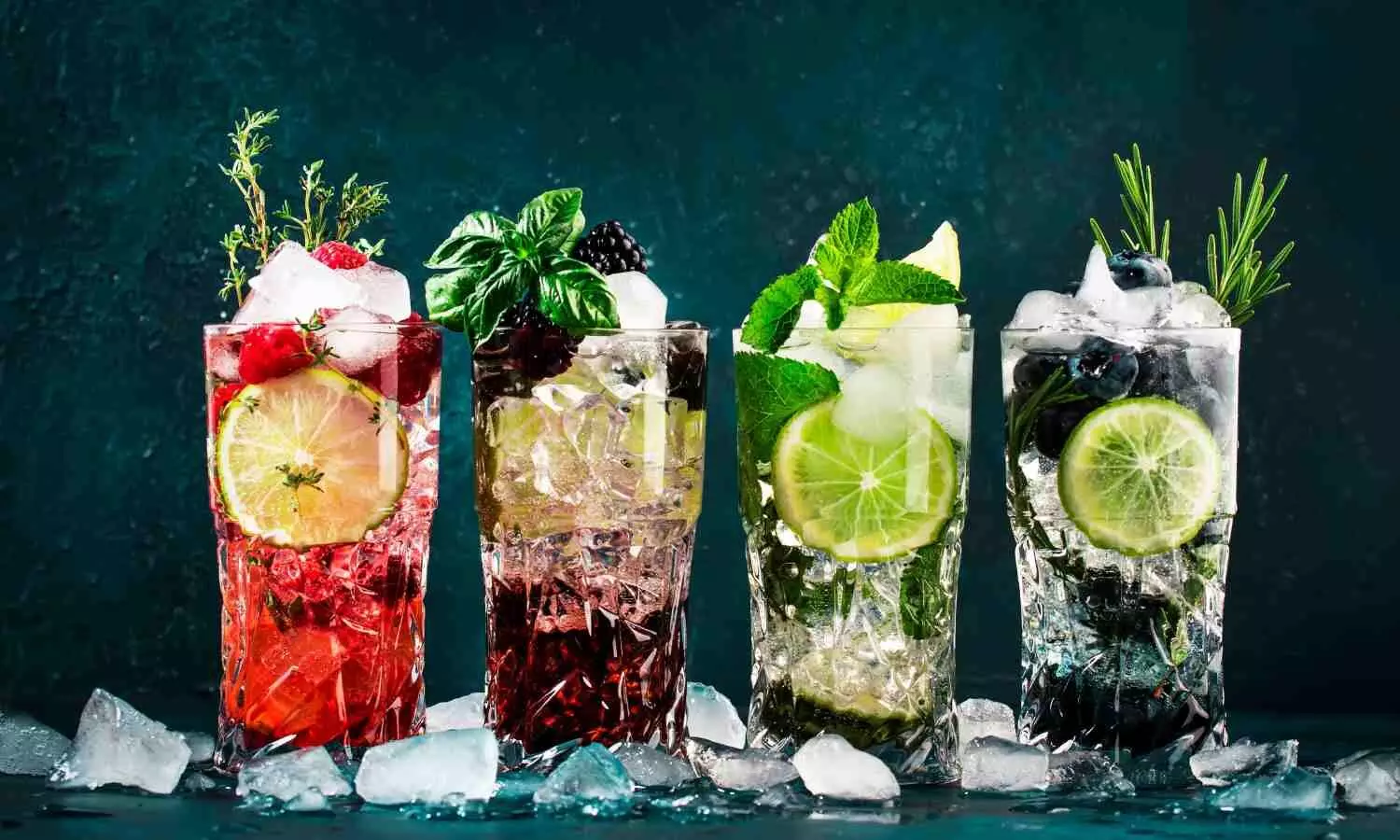By Dr. Kamal Kant Kohli,Jacinthlyn Sylvia
Copyright medicaldialogues

A new multicenter study published in the Journal of the American Medical Association uncovered that soft drink intake may contribute to major depressive disorder (MDD) by altering gut microbiota, with stronger effects observed in women.The research was conducted as part of the Marburg-Münster Affective Cohort, and analyzed data from 405 patients with MDD and 527 healthy controls aged 18 to 65. The participants were recruited from the general population and primary care between 2014 and 2018, with statistical analyses carried out in 2024.The findings suggest that frequent consumption of soft drinks is not only associated with higher odds of being diagnosed with MDD but also with greater symptom severity among those already affected. Also, the study identified changes in the gut microbiota, where an increase in the bacterium Eggerthella is a key mediator in this link.The results showed that overall, people who consumed more soft drinks had an 8% higher risk of MDD diagnosis when compared to those who consumed fewer or none. This effect was more pronounced in women, where the risk hiked by nearly 17%. Symptom severity also rose with higher soft drink intake, and again, women displayed a stronger association than men.When gut microbiota was analyzed, women who drank more soft drinks had significantly higher levels of Eggerthella. This bacterium has previously been connected to inflammation and mental health outcomes. No such link was found with another gut genus, Hungatella. Also, mediation analysis revealed that the presence of Eggerthella explained about 3.8% of the link between soft drink intake and MDD diagnosis, and 5% of the link with symptom severity. While modest, these findings highlight a biological pathway that warrants further exploration.Overallhe study argues that reducing soft drink consumption could become a valuable public health strategy for reduing depression risk, particularly among women. While the results do not prove direct causation, they add weight to growing evidence that dietary habits influence both physical and mental health through complex gut-brain interactions. As the global burden of depression continues to increase, these findings point toward lifestyle and microbiome-focused approaches as part of future mental health strategies.Source:Edwin Thanarajah, S., Ribeiro, A. H., Lee, J., Winter, N. R., Stein, F., Lippert, R. N., Hanssen, R., Schiweck, C., Fehse, L., Bloemendaal, M., Aichholzer, M., Bouzouina, A., Uckermark, C., Welzel, M., Repple, J., Matura, S., Meinert, S., Bang, C., Franke, A., … Hahn, T. (2025). Soft drink consumption and depression mediated by gut microbiome alterations. JAMA Psychiatry (Chicago, Ill.). https://doi.org/10.1001/jamapsychiatry.2025.2579



